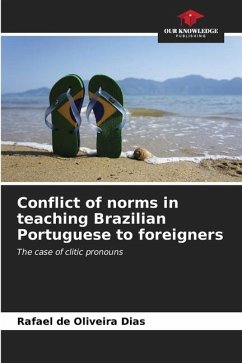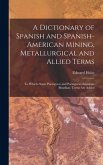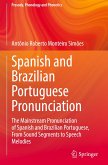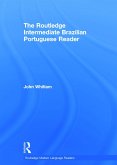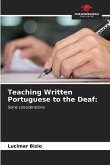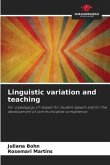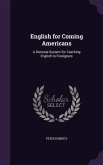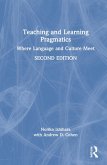This work problematises the conflict between the standard norm and the cultured varieties of Brazilian Portuguese in the context of teaching and learning Portuguese as a second language for Spanish-speaking students. To this end, we propose an interdisciplinary study between Applied Linguistics and Variationist Sociolinguistics, using ethnographic research tools applied to the L2 classroom context. Our analysis covers the variation of 3rd person anaphoric resumption in accusative function and the placement of clitic pronouns, which covers the analysis of two teaching materials used in the Extracurricular course at the Federal University of Santa Catarina, where the field research was carried out with a focus on the perception of students and teachers, as well as the classroom encounter. By analysing the linguistic phenomena mentioned above, we have tried to show in the course of the research that whether or not Brazilian Portuguese is recognised as a second language involves issues beyond the linguistic, but also conflicting ideological issues of divergent conceptions of language, norms, teaching and learning.
Bitte wählen Sie Ihr Anliegen aus.
Rechnungen
Retourenschein anfordern
Bestellstatus
Storno

